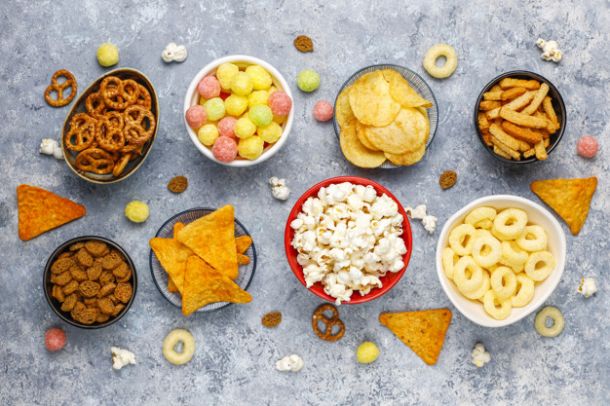Junk Food
What is junk food?
The word ‘junk food’ was first coined in 1972 by Michael Jacobson, director of the ‘Centre for Science in the Public Interest’. The term is popularly applied to foods that have little nutritional value or are considered unhealthy when eaten regularly. Junk foods typically have high levels of fat, salt or sugar. Most junk foods have little or no nutritional value and some are considered unhealthy when eaten regularly. Common junk foods are chips, colas, sweets, rich desserts and fried fast foods.
Effects of junk food
In the four decades since the word was first coined, much research has been conducted on the effects of junk food. Unfortunately, the reports have been almost uniformly negative especially in case of children who are most at risk due to poor nutrition, especially in the critical growing years ( 6 to 14). Regular consumption of junk food has been blamed for a wide range of childhood diseases ranging from obesity and nutritional deficiencies to hypertension and type 2 diabetes. This information is so widespread in the public domain that most educated adults can recite the litany of junk-food-woes on demand. And yet the consumption of junk food continues to rise steadily, as evidenced by rising sales and increasing availability.
Addiction to junk food
Research conducted by The Scripps Research Institute, USA provides new insight that may solve the puzzle of the continued popularity of junk food despite all the negatives weighing against it. The three year research conducted by the institute confirmed what had only been suspected for long – the addictive properties of junk food. The study (published in March 2010) used rat models to chart the brain mechanisms and neurobiological responses that come into play when junk food is consumed. The results were shocking and conclusive:
- Junk food triggered addiction-like responses in the brain. In fact, the brain reacted in almost identical manner to both junk food and addictive drugs like cocaine and heroin.
- Due to the addictive nature of junk food, rats reared on junk food lost control over their eating habits (a hallmark of addiction) and become compulsive overeaters, leading to obesity.
- Rats, which were habituated to junk food, displayed strong withdrawal symptoms when deprived of junk food and starved themselves for two weeks, rather than eat the nutritious diet offered to them.
Breaking the junk food habit
This study offers the strongest support so far for the idea that eating of junk food can become habitual in the same manner and mechanism as consumption of addictive drugs. It also explains the cravings that children have for foods like colas, chips, pizzas and rich desserts, as also the emotional low that some experience on being deprived of these high calorie treats. It promises no easy answers to the struggle modern parents face in ensuring adequate nutrition and good eating habits. But most of all, this study reinforces the fact that junk food is simply a bad habit and like all bad habits this too can and must be broken.
REFERENCE : http://www.cspinet.org
PICTURE : DigitalArt
http://www.freedigitalphotos.net/images/view_photog.php?photogid=2280

Popular Programs



